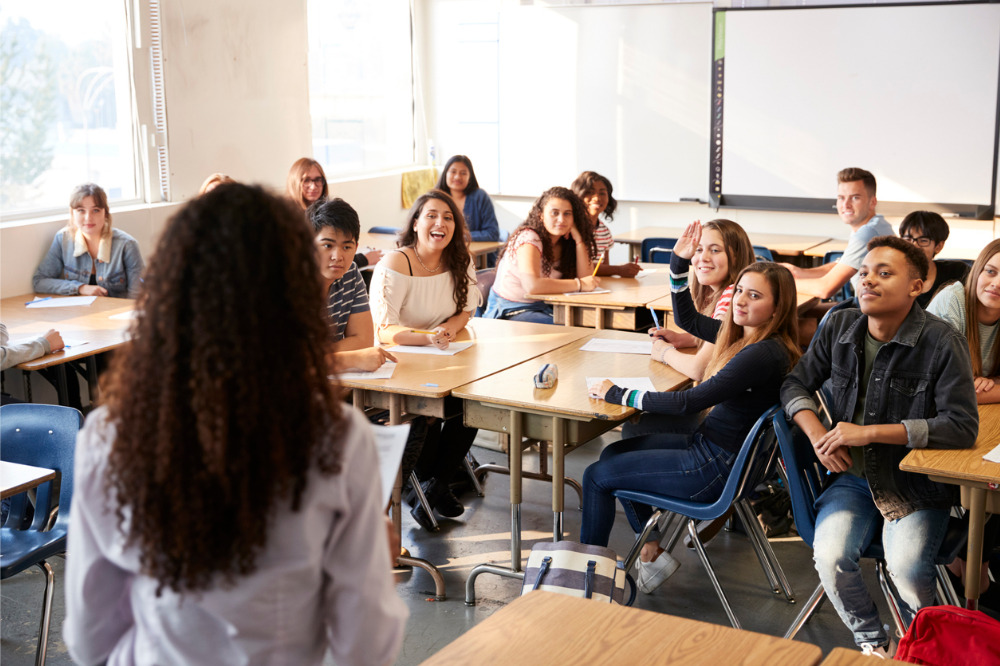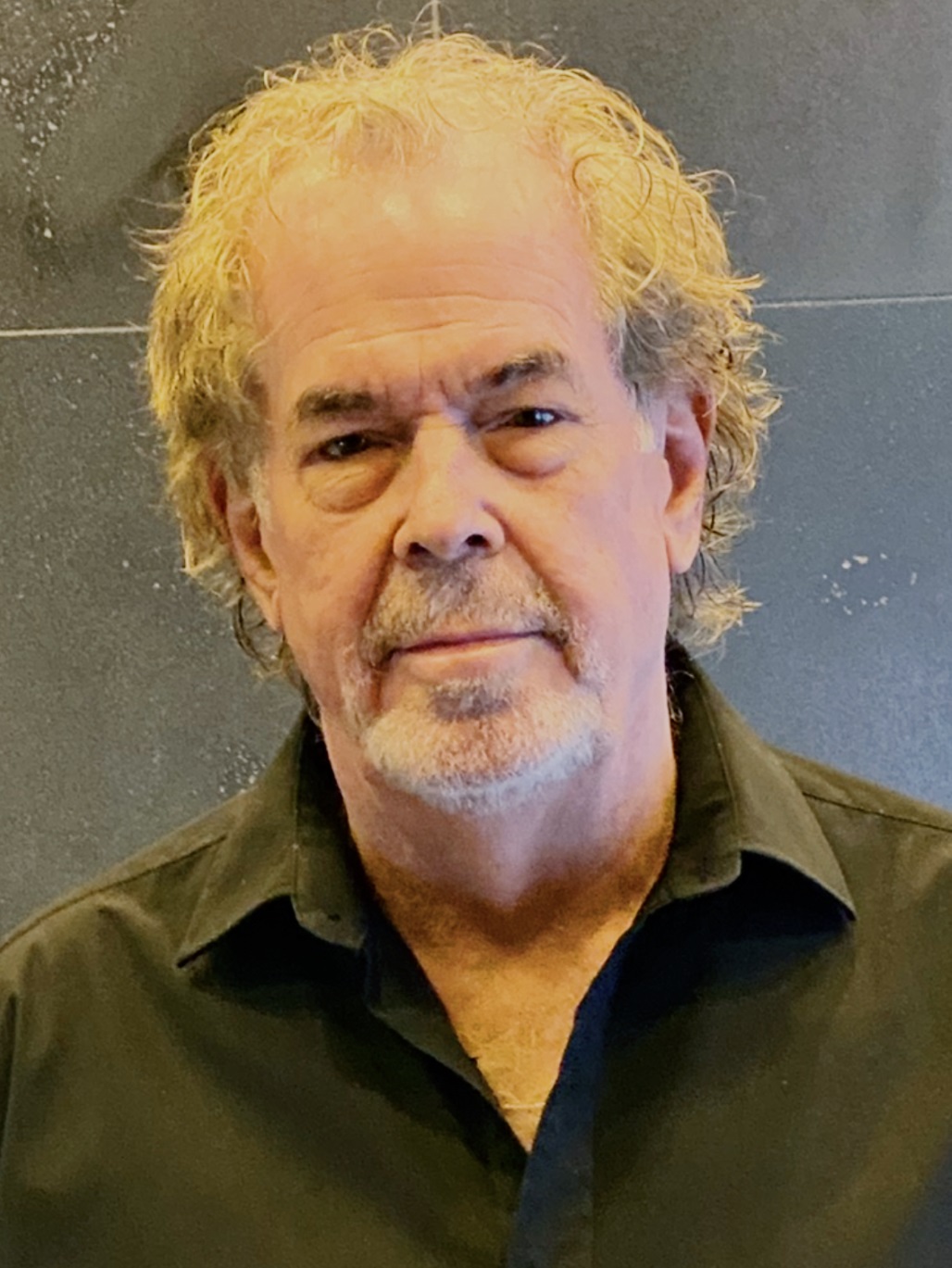
This article was produced in partnership with Open LMS, The leading provider of world-class LMS solutions that empower organisations to meet education and workplace learning needs.
Across Australia, the youth mental health crisis is overwhelming schools, many of which are already overburdened with worsening staff shortages and rising workloads.
In July, a study by Truwell found almost a third of students reported they were not coping well over the first half of the year. Of concern, the capacity of young people to cope had declined from 74% in term one to 61% in Term 2.
A more recent report, released in August, found that while children most commonly seek mental health support from their families, friends and schools, these networks are often poorly equipped to provide appropriate help, leaving children vulnerable.
Dr Michael Bernard is an Emeritus Professor of California State University, and a former Professor at the Melbourne Graduate School for Education. Recognising the challenges schools face when it comes to youth mental health, Dr Bernard – who has a Doctorate of Educational Psychology – developed Australia’s first social-emotional learning program, You Can Do It! Education.
Aligned with the ACARA National Curriculum, You Can Do It! Education (YCDI!) is being used in thousands of early childhood, primary and secondary schools, where teachers are helping young people overcome the blockers of anxiety, low self-esteem, anger and procrastination.
Along with his team, Dr Bernard has partnered with eCreators by Open LMS to develop ‘Personal Development Through Innovative eLearning: A Program of Self-Acceptance’, which “takes learners on a journey of self-discovery and self-acceptance to navigate the world around them.”
Below, The Educator speaks to Bernard to find out more.
TE: Can you tell us about the presence of You Can Do It! Education in the Australian K-12 space and its mission?
The program has been recognised by Beyond Blue – Be You as best practice in promoting the mental health and wellbeing of young people. Our mission is to help develop the full potential of children of all ages to become highly successful and happy people through strengthening their belief in themselves. Central to this purpose is strengthening the psychological capacity of young people with a focus on their social and emotional skills (confidence, persistence, organisation, getting along, resilience) and attitudes (e.g., self-acceptance, optimism, independence, responsible risk taking, high frustration tolerance, think first) that fundamentally determine how young people think, feel and behave.
TE: I understand that OpenLMS has been involved in the implementation of YCDI! Education’s online program. Can you tell us more about this and how it has progressed since its inception?
Looking to do something powerful for young learners, You Can Do It! Education partnered with eCreators (now a part of Open LMS) to develop an eLearning program that takes students (ages 9 – 16) on a journey of self-discovery and self-acceptance to navigate the world around them. The eLearning program is engaging, fun, and interactive to empower young people to accept themselves no matter what stressful events they are faced with. The Accepting Myself program consists not only of a three-part eLearning program for students but additionally contains an interactive student tool kit, self-acceptance activities for teachers which reinforce program content and notes for how parents can support their children’s self-acceptance. Launched earlier this year, the program has seen an increasing number of participating schools progress from staff previewing and loving the program to adoption.
TE: What have been the most impactful outcomes regarding students’ mental health and wellbeing from this program?
A number of published research articles demonstrate the significant impact that YCDI! Education’s programs have on student achievement and wellbeing. In early childhood, benefits include improved social-emotional competence and wellbeing; a reduction in problem behaviours, and an increase in reading achievement. At the primary levels, benefits include higher student morale, lower stress levels, stronger resilience, a greater ability to cope with bullying, and higher reading achievement. At the secondary levels, benefits include higher grades and attendance, and the ability to better cope with bullying.
TE: What’s next for YCDI! Education?
Brain-Based Teaching-Learning: Incorporate, new brain-based, social-emotional teaching-learning activities in YCDI!’s online curricula at all levels of schooling thereby promoting via brain development student learning, memory, and application
Strengthening Student Capacity to Manage Mental Health. Increase educator appreciation that unique to YCDI! amongst available mental health and wellbeing programs is its focus on helping students become aware of the importance of their thinking on their mental health and the power they have to change the way they think.
Beyond Resilience. Raise educator awareness that accelerating the development not only of resilience, but the full range of social-emotional learning skills (e.g., confidence, persistence, goal setting, time management) not only supports wellbeing, but is necessary for students to be fully engaged and motivated in their learning-achievement and to overcome procrastination
Self-Acceptance. Through podcasts, conference presentations and YCDI!’s programs, continue to increase everyone’s awareness of the central role the lack of self-acceptance plays in poor mental health and educational programs to strengthen self-acceptance.
 Dr Michael Bernard, founder of You Can Do It! Education, is one of Australia’s leading social-emotional learning programs helping empower youth struggling with mental health and depression through eLearning.
Dr Michael Bernard, founder of You Can Do It! Education, is one of Australia’s leading social-emotional learning programs helping empower youth struggling with mental health and depression through eLearning.


